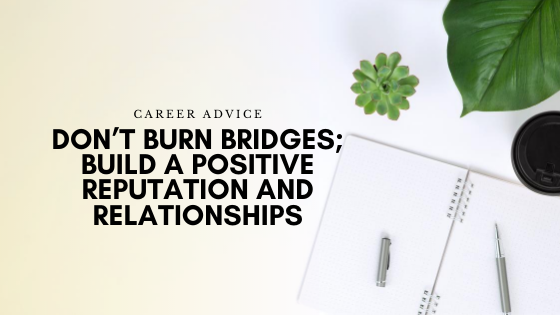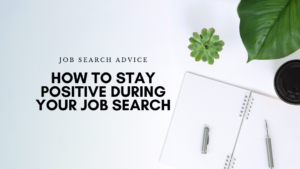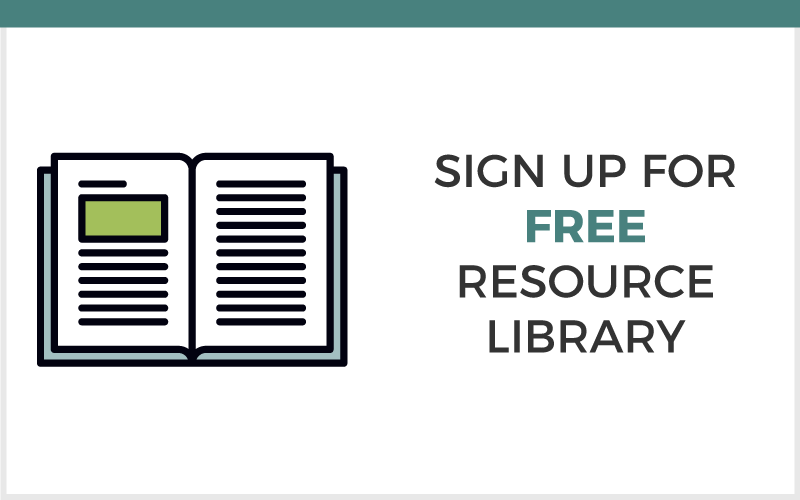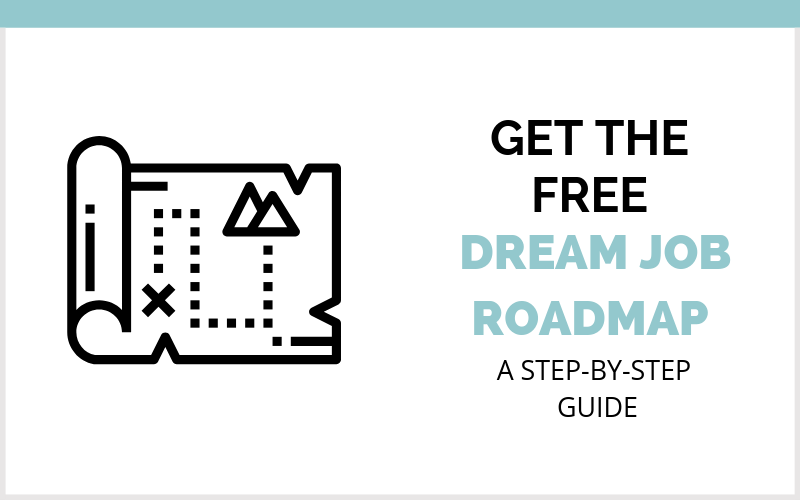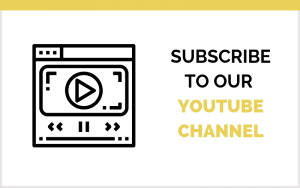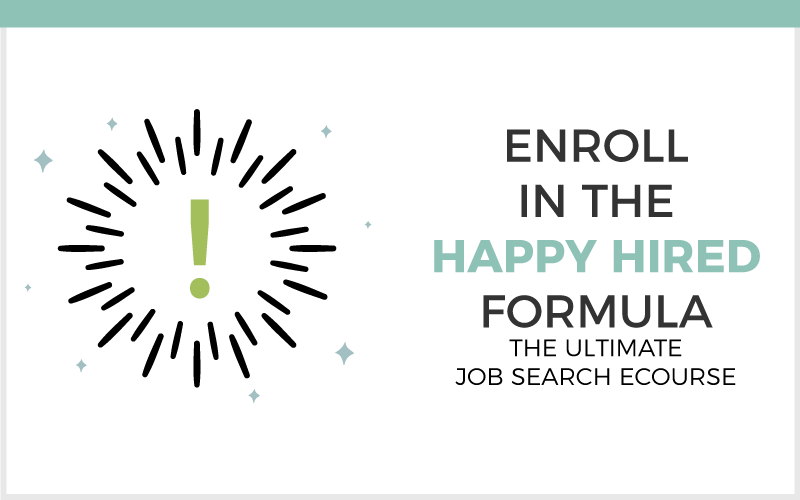People come and go to different companies within your industry at a regular rate, and you may end up knowing someone who works at a company where you’d like to land a job. Here’s why it’s crucial to develop healthy, positive relationships and maintain a positive reputation with everyone you encounter.
4 Reasons Why It’s Crucial to Develop Positive Reputations and Relationships in Your Career
When I was a recruiter in the consumer goods, legal, and tech industries, I often heard, “I swear. This entire field is incestuous.” Because there are several top companies in each field with company sizes that are so large, it’s only a matter of time companies are hiring talent from competitors. In fact, it’s already happened.
As you grow in your career, you’ll often experience layoffs, poaching, or voluntarily interviewing for new positions. Because you’re in a specific niche and skill set, you’ll most likely come across and work with different yet same professionals in your industry. Whether it’s because of different projects, new roles, or high turnover, you will have the opportunity to meet many people from different backgrounds at different stages in their respective careers.
1. Your Interview Starts Before You Even Interview
If you are applying for a position and your work history has an overlap with an existing employee who worked at the same company in the same year, I can bet you the existing employee will be asked, “Hey, what do you know about Sandy Hughes? I noticed she worked at the same company you did 3 years ago. Did you ever work with her? How was she?”
Believe me, if this existing employee has nothing positive to say about Sandy’s reputation, she’s automatically disqualified. On the other hand, hearing, “Sandy is awesome! You should definitely bring her in and I think she would be an excellent teammate,” can even bypass the phone interview and move Sandy directly to the on-site interview, depending on the credibility and reputation of the person vouching for her.
RELATED: How To Answer “Tell Me About Yourself” – What Your Interviewer REALLY Wants to Hear
2. Referrals are Golden.
Many companies have referral programs that incentivize employees to refer their qualified friends and ex-colleagues. Some companies give priority to referrals and have internal policies that state if an application came from a referral, recruiters must provide an update within 7 business days.
For this reason, you’ll want to make sure that you are top of mind when people are asking others, “Do you know anyone with X skill set?” If you maintain a positive reputation and positive relationship, you’ll hopefully be able to tap your internal network about new openings if potential referrers are not already messaging you about them.
3. Your Work Product Will Be Higher Quality
This almost goes without saying, but a team that gets along almost always produces a better product than a team that doesn’t. People have their own unique set of strengths and weaknesses, and they deal with things like bold personalities and work stress differently. It’s important to acknowledge your coworkers’ skill sets and determine how you can best fit into any team you’re a part of. This way, the end product of your work will be better which in turn reflects positively in your line of work.
4. You May Work with Ex-Colleagues Again
Knowing industries and companies are incestuous, it’s only a matter of time that you may cross paths with ex-coworkers and become new coworkers again at a later point in your professional career. You may have been promoted to be your ex-coworker’s supervisor (or vice versa), or you may end up having the same boss as you had years ago. You never know who you’ll be working with in the future, so keep that in mind as the people in your team may reappear in your career later on. (#awkward!)
Build Bridges of Opportunities
Just as you never know if you’ll be working with the same teammates in the future, you also never know who you may want to contact for prospective job opportunities later on. People come and go to different companies within your industry at a regular rate, and you may end up knowing someone who works at a company where you’d like to land a job. Having that positive reputation and relationship with that professional can serve as a gateway into your next job, perhaps even a dream job of yours.
In your line of work, your coworkers will remember their experience working with you. It’s important to develop rapport with your fellow professionals. Do not burn any bridges today; you may need to cross that bridge again in the future.
RELATED: How to Network Like a Boss


